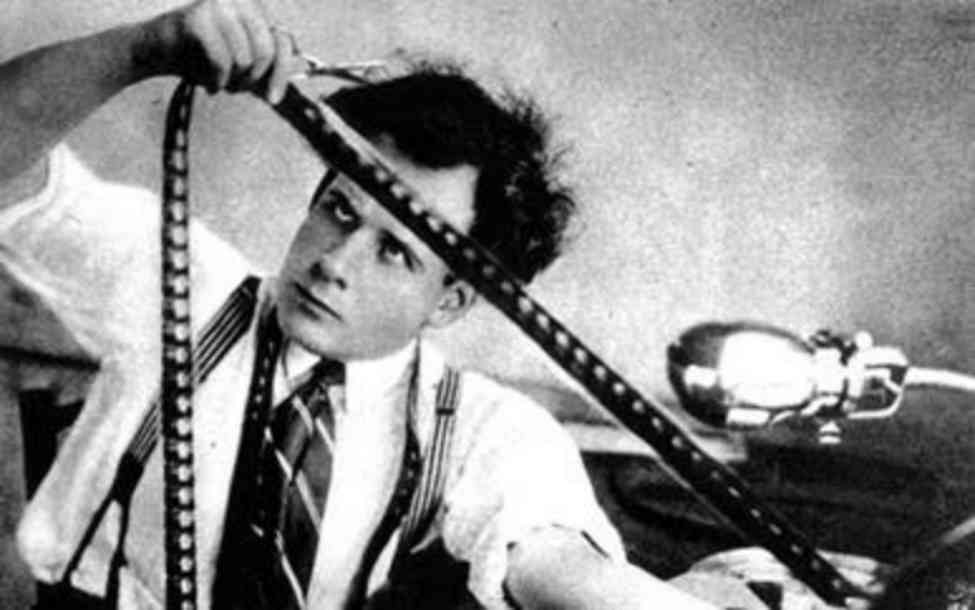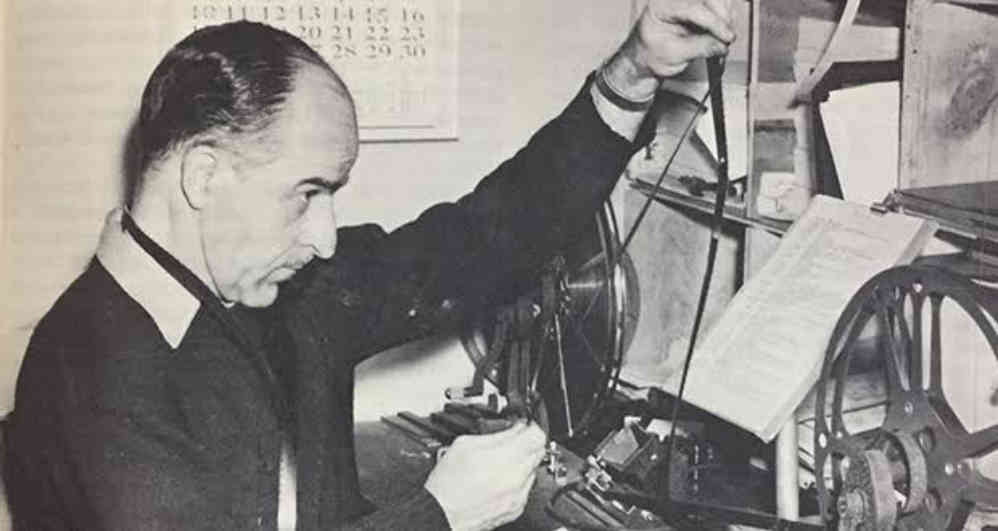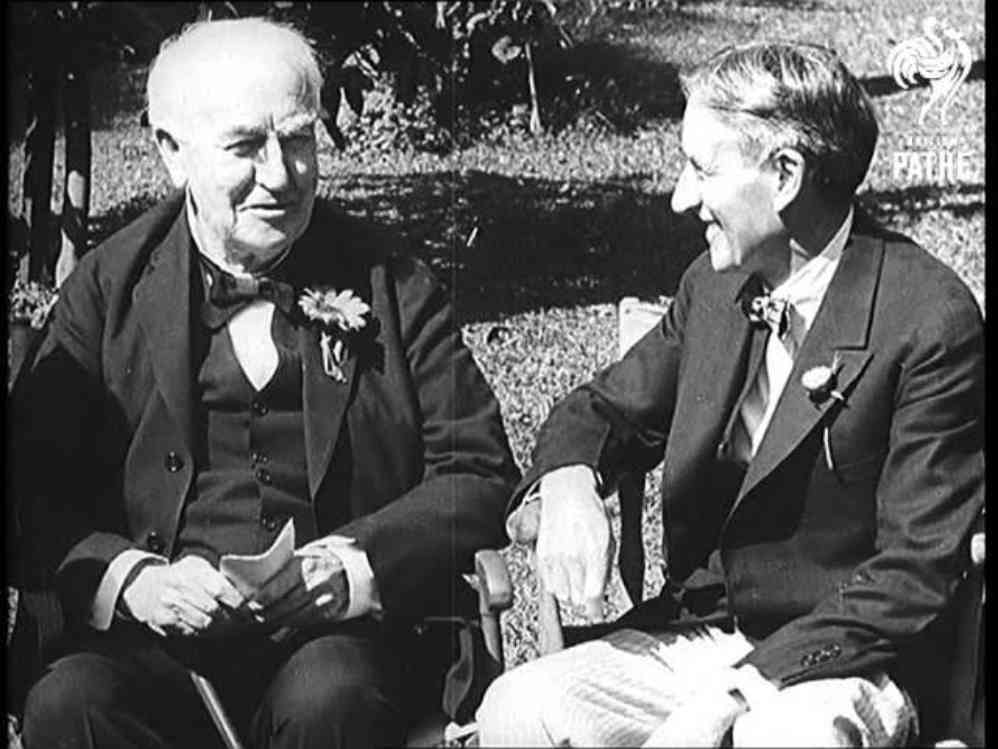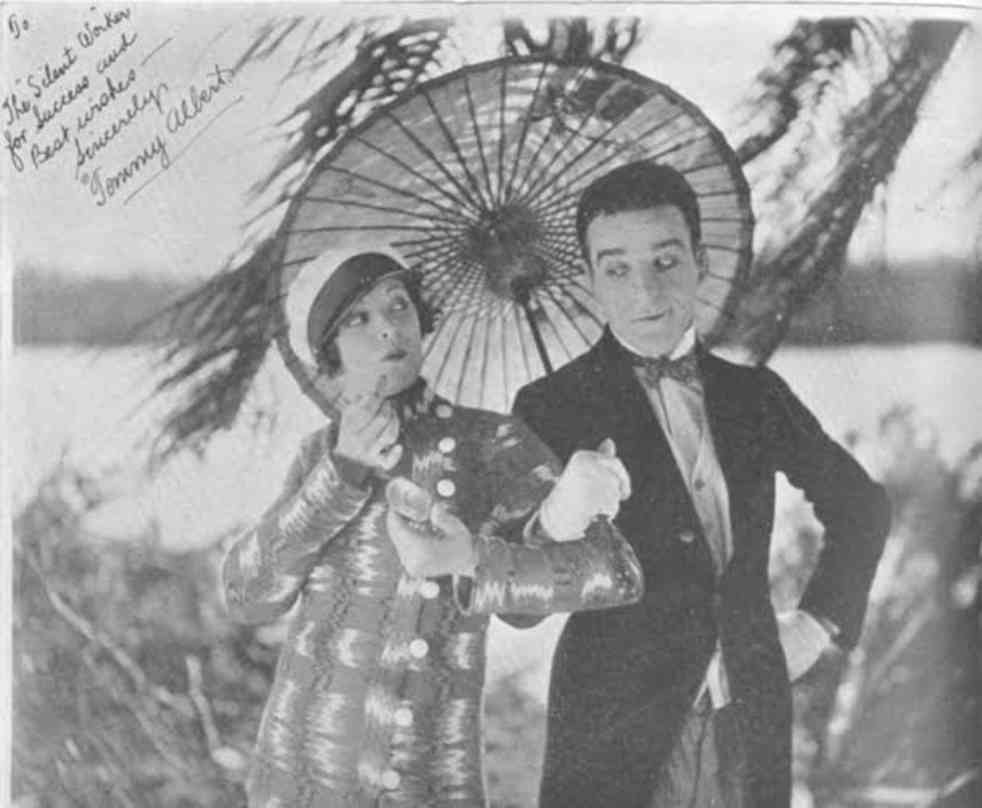Emerson Romero used to be a famous movie actor who, unfortunately, is no longer alive after he died in 1972.
He is known under the name Tommy Albert and has been involved in a lot of films during the olden days.
During his time, he acted in silent films, which was massive back then before technology became advanced.
Table of Contents
Emerson Romero Biography

He was born August 19, 1900, in Cuba. Emerson Romero is from Havana, Cuba, and was a trailblazing Cuban-American actor and activist.
He lost his hearing at the age of six due to complications from whooping cough. At seven, he moved to the United States, where he attended the Wright Oral School in New York.
Romero later worked at the Federal Reserve Bank before transitioning into film, inspired by his brother, who had established a film company in Cuba.
READ MORE – Sandy Koufax Death
Romero became an actor, adopting the stage name Tommy Albert, and performed in over 20 silent films, including notable titles like Great Guns and The Cat’s Meow.
His athleticism enabled him to perform his stunts. However, with the advent of sound films in 1927, opportunities for deaf actors declined, prompting him to shift focus.
In addition to acting, Romero made significant contributions to the deaf community. He co-founded the Theatre Guild of the Deaf, directed plays, and served as editor of Digest of the Deaf.
His most notable achievement was pioneering early captioning for films in 1947 by manually adding subtitles to create accessibility for deaf audiences.
This innovation laid the groundwork for modern captioning systems.
Emerson Romero passed away in 1972, leaving behind a legacy of advocacy for accessibility and representation in media.
Emerson Career

Emerson Romero was a Cuban-American actor, inventor, and accessibility pioneer who made a lot of impact.
His career spanned silent films, theater, and technological innovation. Despite being deaf, he thrived in the silent film era under the stage name Tommy Albert.
He is known for his physical comedy and stunts in over 20 short films, such as Great Guns and Sappy Days.
However, the transition to sound films in the late 1920s marginalized deaf actors, prompting Romero to focus on advocacy and innovation.
In 1934, Romero co-founded the Theatre Guild of the Deaf in New York City. The organization was groundbreaking, featuring plays performed by deaf actors for mixed audiences.
Romero directed and acted in numerous productions, contributing to deaf representation in the performing arts.
Romero’s most significant achievement was pioneering the use of subtitles for sound films, which still exists today.
In 1947, he developed a rudimentary captioning system by cutting and splicing film frames to insert subtitles.
While this method was labor-intensive and disrupted the sound for hearing audiences, it marked the beginning of accessible cinema for the deaf community.
His innovation inspired later advancements in closed captioning technology.
Beyond his contributions to film, Romero invented practical devices for the Deaf, including the Vibralarm, a vibrating alarm clock, and other adapted products like smoke detectors and doorbells.
His inventions demonstrated his commitment to improving accessibility in everyday life. In recognition of his efforts, he received the Civic Achievement Award from the Civic Association of the Deaf of New York City in 1970.
Through his work in entertainment and advocacy, he left a lasting impact on accessibility and the deaf community.
Emerson Romero did make so much difference while playing a role in Television and the entertainment industry.
Emerson Romero Cause Of Death

Emerson passed away October 16, 1972. His death happened in Boulder, Colorado.
His death marked the end of a life dedicated to improving accessibility for the deaf through innovation and advocacy.
While the specific cause of his death is not widely documented, his passing is remembered in the context of his immense contributions to cinema and the deaf community.
Romero had a profound impact on accessibility in films. As a deaf individual himself, he invented the first captioning technique for sound films in 1947 by slicing film strips and inserting captions between the frames.
Emerson’s dedication extended to creating products for the deaf, such as vibrating alarm clocks and doorbells.
He did make a family of his own before his death which many might still remember based on them seeing his work.
Emerson Romero had a fulfilling personal life alongside his impactful career. He married Emma “Connie” Corneliussen in 1936 after meeting her through an amateur theatrical group.
Emma was a graduate of the Minnesota School for the Deaf and Gallaudet College (1934) and worked as a teacher of handicrafts.
Emma also was involved in gymnastics at the New York School for the Deaf before their blissful marriage.
The couple initially resided in Queens, New York, but eventually moved to Farmingdale and later Boulder, Colorado, in their retirement.
Together, Emerson and Emma had two children, Rod and Dorene. Unlike their parents, both children were hearing.
Emerson encouraged their academic pursuits rather than a career in the entertainment industry.
Rod earned a master’s degree in electrical engineering from MIT and worked in real estate.
Dorene graduated from the Sorbonne in Paris and pursued careers in teaching and administrative work.
The family bond was strong, with Emma dedicating much of her time to her children before they started their independent lives.
Despite their professional and personal challenges, Emerson and Emma created a supportive and loving environment.
Emerson Romero’s death left a void in his family, who had no choice but to move on with everything in their lives.
Emerson Romero Net Worth

Emerson Romero’s net worth is not extensively documented, but his legacy lies more in his groundbreaking contributions.
Romero is best remembered for pioneering captioning techniques for films, allowing deaf individuals to enjoy cinema.
He also developed assistive devices like the Vibralarm and marketed various products tailored to the needs of the deaf community, such as doorbells and smoke detectors.
His inventions and others helped make sure he gained a lot of wealth in his life which also made him popular.
Due to no evidence of documentation during his time being alive, we can’t confirm what he made as income for his numerous works.
Emerson Romero’s death saw an end to what he had been able to achieve during his era, which changed so much.



